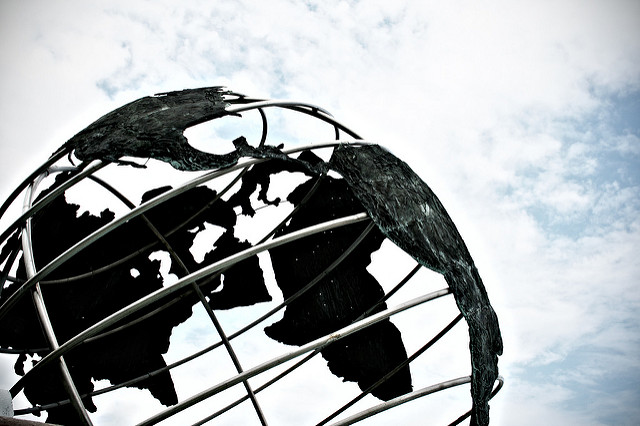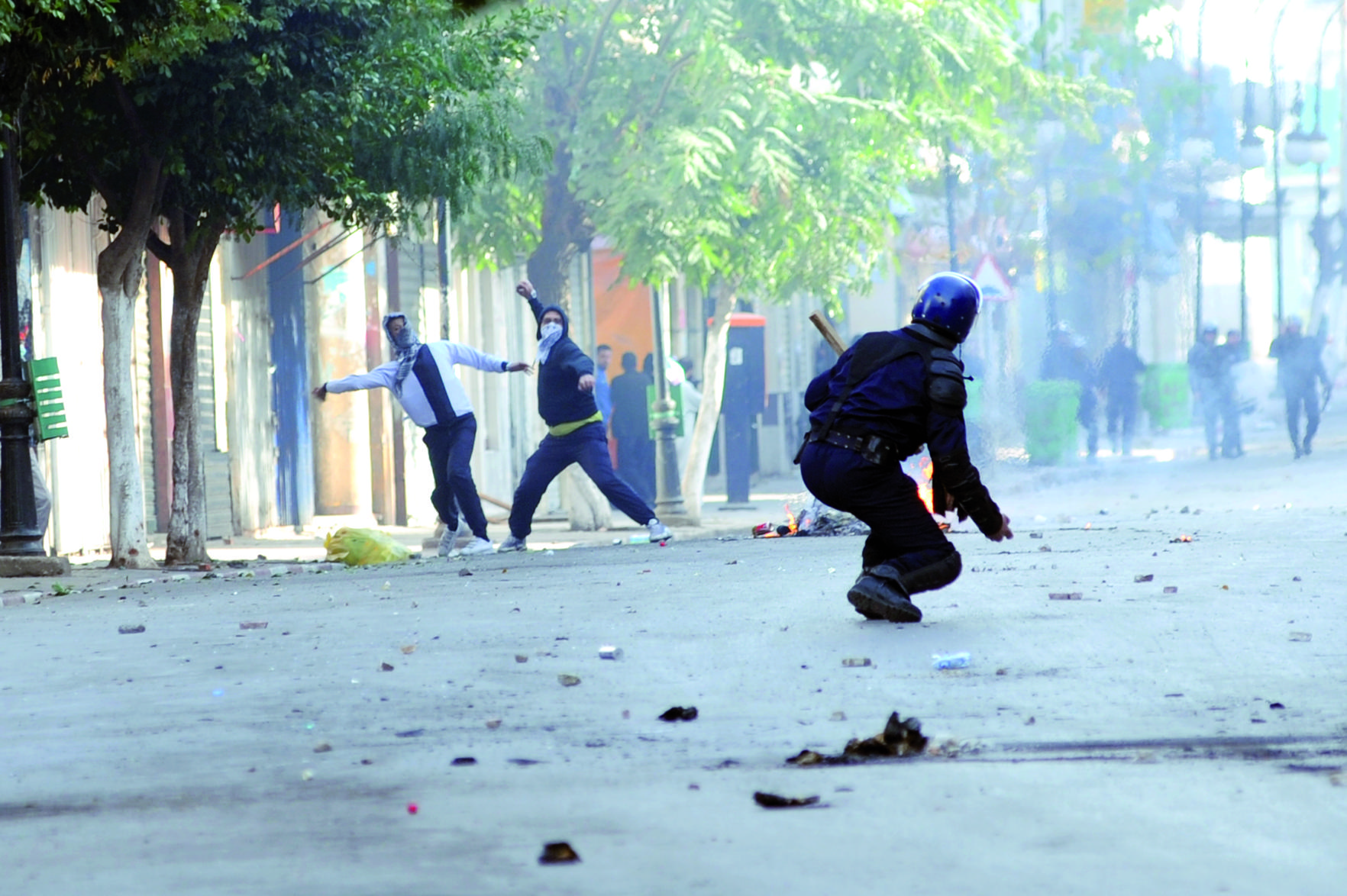By Navin Bapat
On January 4, President Trump announced that the United States would suspend nearly all aid to Pakistan, its longtime ally in the war on terror. Trump claimed that Pakistan was exploiting the U.S. by covertly aiding Taliban in their efforts to destabilize Afghanistan. Afghanistan subsequently experienced a surge in terrorist violence, including four attacks in the capital of Kabul, which resulted in hundreds of fatalities. This raises the following questions: why did Trump choose to punish Pakistan, what is the likely effect of this decision, and what are the long term consequences?
Let us first consider why the U.S. provided aid to Pakistan to begin with. Before Operation Enduring Freedom began in response to 9/11, the Bush administration demanded that Pakistan grant the United States rights to the country’s airspace and transit routes to conduct military operations in Afghanistan. Pakistan accepted and promised to crack down on the Taliban on their side of the Afghan/Pakistan border. In exchange, the U.S. provided Pakistan with substantial military aid and debt relief.
My research and the research of others (including Boutton and Carter, Langlois and Langlois, and Gries, Meierrieks, and Redlin) demonstrates that the policy of showering Pakistan with military aid is ineffective at combating terrorism and created a perverse set of incentives. When the U.S. withdrew following the end of the first Afghan war, it left Pakistan alone to deal with a refugee crisis. So long as the new Afghan war continued, Pakistan would receive unlimited American military support. The incentive therefore became to accept U.S. aid, but keep the threat of the Taliban alive and continue the war. The strategy allowed Pakistan to further thwart U.S. efforts to build a functioning state in Afghanistan, keep Afghanistan under their sphere of influence, and allow the Pakistanis strategic depth to retreat in the event of a war with India. Although the U.S. would occasionally demand results, Pakistan could simply state that without the aid they would fall and the Taliban would take over. Since the U.S was unlikely to accept this outcome, Pakistan continued to accept aid, fuel the insurgency, and force the Americans to stay in Afghanistan as it burned. U.S. policy created an incentive for Pakistan to continue the war indefinitely.
However, Pakistan’s fortunes changed toward the end of the decade. The discovery of bin Laden’s compound in Abbottabad confirmed what most Americans already concluded: Pakistan was an unreliable ally. Yet, although the Obama administration suspended military aid following Operation Neptune Spear, it quickly resumed the aid.
When President Trump came into office, he presumably wondered why the U.S. was continuing to reward this so-called ‘ally’. If Pakistan was incentivized to continue the war because it was receiving American assistance, the solution seemed fairly obvious. By cutting the aid, Pakistan would no longer have a reason to continue aiding the Taliban. This decision seemed obvious and long overdue.
Let us consider the ramifications. Short term, even if Pakistan is no longer receiving U.S. aid, the severance of military support does not end their incentive to keep Afghanistan weak. Using Afghan territory for strategic depth is still part of Pakistan’s defense doctrine. Moreover, since India is actively working to court the Afghan government in Kabul, Pakistan likely believes that a successful Afghanistan will leave Pakistan squashed between India and its new ally. This is simply not a situation that Pakistan is likely to accept. Prior to the severance of aid, Pakistan could keep Afghanistan at a low to medium boil in terms of violence in order to maintain its military aid from the United States. If this support ends, the Pakistanis will likely do all in their power to ensure that Afghanistan returns to what it was: a weak, Taliban-led state that is amenable to Pakistani interests. This tells us that, in the short term, while military aid appears to be encouraging Pakistan to abuse cooperation with the U.S., it is also buying influence and restraint from Pakistan. It is no coincidence that destabilizing terrorist attacks are occurring more frequently following Trump’s announcement. Without the aid to allow the Pakistanis to continue the war, they will end it, and it will likely end in their favor. This process will only be accelerated by the competition the Taliban is facing from IS militants.
While U.S. forces may fend off such a challenge in the short term, what would occur if Pakistan ceased its cooperation in allowing the U.S. to use its land and air routes? The U.S. has two key routes into Afghanistan: one through Pakistan and one using an air corridor over Russia and former Soviet territories. If Pakistan severed the former, it is likely that Vladimir Putin would do the same to the latter to maximize the chance of a humiliating American defeat. U.S. forces would be quickly surrounded, and the only hope would be to force an opening through Pakistani territory. It is unclear if the U.S. is prepared for another major ground war in Asia, particularly against a state known to have nuclear weapons.
The other alternative may be to call it quits in Afghanistan, which would render any threats of blackmail from Pakistan meaningless. Unfortunately, this would open the door for Russia and China to dominate both Afghanistan and Pakistan. This is significant, given that central Asia is believed to be a key area in future global energy supplies. The loss of American influence in these territories may allow for the expansion of China’s One Belt One Road (OBOR) Initiative, which appears part of a larger strategy to replace the central status of the U.S. in the international system. Pakistan is already beginning to look toward Russia and China in response to Trump’s severance of U.S. aid. Abandoning the region and cutting Pakistan out may lead to future shifts in power eastward, away from the United States.
In short, while military aid is encouraging Pakistan to fuel terrorism, it is also buying influence in Pakistan and allowing the U.S. to continue the war effort and ward off advances by Russia and China. One might ask: is continuing the war worth it, and how long can the U.S. maintain this position in Afghanistan anyway? These are reasonable questions. However, what is clear is that the strategy of cutting Pakistan’s aid is inconsistent with Trump’s desire to ‘win’ in Afghanistan. I am not sure how a win is defined exactly by this administration, but if Trump hopes to “finish what we have to finish”, the U.S. will continue to need Pakistan and its cooperation, however imperfect this may be. There likely is no alternative other than to pack up and call it quits in Afghanistan, and perhaps cede any influence in Central Asia.








1 comment
Lucid explanation of the current political dilemma.